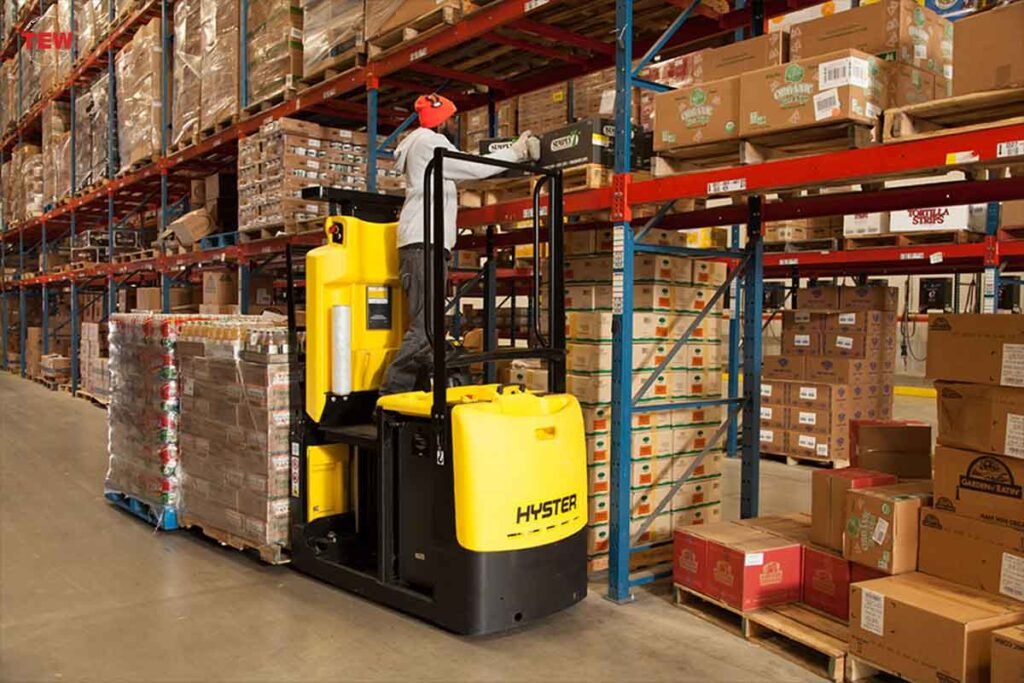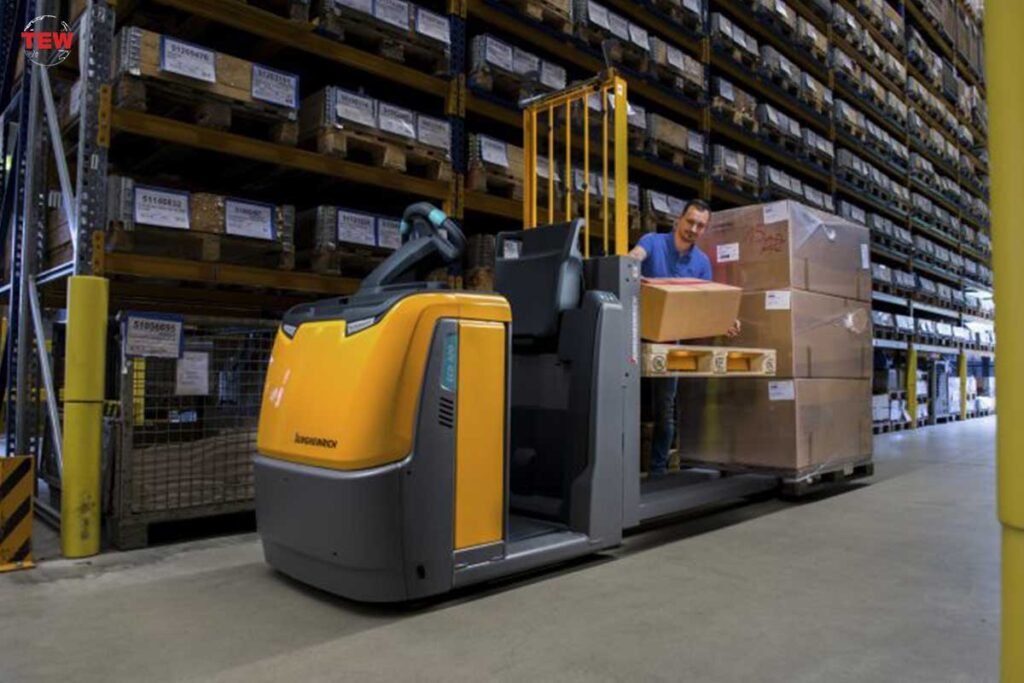Weighing plays a critical role in the manufacturing and logistics sectors, as accurate measurements are an essential part of producing quality goods and ensuring efficient distribution. Industrial weighing solutions provide businesses with reliable data that helps to make informed decisions, maximize operational efficiency and even reduce costs. By examining the importance of industrial weighing across different stages of the production process, we can better understand its benefits in ensuring product optimization and successful operations overall.
Here Are The Importance of Industrial Weighing in Manufacturing and Logistics ;
1. How does industrial weighing help improve the accuracy and efficiency of production processes and shipments?
Industrial weighing is an important element for many production and shipment processes, enabling high accuracy and efficiency standards to be achieved. Industrial scales are designed to handle both large and small items in a variety of material forms, potentially streamlining workflows and helping businesses to maximize their operational capacity.

With digital weighing options also available, it’s now easier than ever before to accurately measure weights with unparalleled precision. By switching from manual weighing procedures to industrial scales, businesses can gain an impressive degree of consistency while cutting down on resources devoted to measurement tasks. All in all, industrial weighing technology has the potential to help drive business improvements that result in greater efficiency and accuracy across operations.
2. What benefits can businesses expect to see from using industrial weighing equipment and systems?
Industrial weighing equipment and systems can offer a variety of benefits to businesses, most notably accurate and efficient data collection. When equipped with sophisticated hardware and calibration devices, these systems can provide results that are highly precise and streamlined. As a result, businesses benefit from the ability to monitor inventory in real-time with great accuracy, permitting them to make logistics decisions quickly.
Furthermore, the automation of processes such as product tracking helps to reduce errors, thereby improving safety standards in the workplace as well as meeting critical regulatory requirements. Ultimately, industrial weighing equipment and systems offer an array of benefits for businesses ranging from improved accuracy and efficiency to enhanced safety standards.
3. How can you ensure that your business gets the most accurate, efficient, and cost-effective industrial weighing solution possible?
When choosing an industrial weighing solution for your business, it is important to ensure that you are getting the most accurate, efficient, and cost-effective solution possible. Keeping a clear mindset and asking key questions about the product can help to ensure that you get exactly what you need.

Additionally, researching all potential providers of the product can lead to the best pricing and options available. Lastly, involving key personnel from operations in order to create a holistic approach will allow for a smooth transition should any adjustments be needed with the implementation of the new system. By taking these steps into consideration, you will be able to find the industrial weighing solution best suited for your business needs.
4. What should you consider when choosing an industrial weight scale or system for your business needs?
For business owners seeking an industrial weight scale or system, there are key points to consider. Firstly, it is important to reflect on the nature of your business and the specific purposes for which you will use the equipment. This will allow you to identify any necessary features that are required to ensure accuracy and reliability.
Additionally, you should consider applicable safety regulations as well as temperature and humidity levels in order to choose a model that works best for your environment. Furthermore, factoring in cost limitations without compromising on quality can help determine suitable solutions for whatever practical goals are necessary for successful operations. All put together, these considerations can help businesses find a suitable industrial weight scale or system that fits their requirements.
5. How do you maintain an industrial weight scale or system so that it continues to operate at peak performance levels over time?
In order to ensure that an industrial weight scale or system continues to operate at peak performance, it is essential to put in place a regular preventative maintenance program. This should include regular cleaning of the scale or system as well as checking for signs of wear and tear such as loose fasteners, electrical connections, and other components.

Additionally, any environmental factors such as heat, moisture, or dust should be monitored and controlled to avoid interfering with the calibration accuracy of the system. Ongoing inspections should also be conducted in order to identify any potential problems before they arise so they are dealt with promptly. Following these guidelines will help ensure industrial weight scales and systems remain in optimal condition and continue to provide reliable results over time.
We hope this article has given you some insight into the importance of proper industrial weighing in both manufacturing and logistics. Whether you need a new scale or are simply looking for someone to calibrate your existing equipment, we can help. We’re experts in all things industrial weighing, so contact us today for more information or to get started on your project.


















